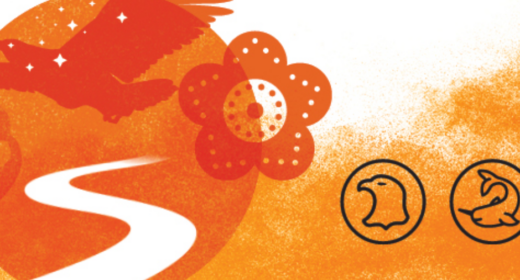Prime Minister Justin Trudeau has been vocal about his commitment to strengthening the relationship between the government and First Nations. An important aspect of improving relations is recognising and supporting indigenous communities’ right to self-government. While funding and services from Indigenous and Northern Affairs Canada (INAC) aims to provide assistance and improve conditions for First Nations, indigenous peoples are also able to generate funds through own-source revenue.
What is own-source revenue?
Own-source revenue (OSR) is money generated by First Nations communities. The revenue may come from the collection of taxes, fees from the provision of services, or profit from natural resources and casinos. The revenue is usually spent on providing programs and services for that community.
In principle, Aboriginal communities must submit an OSR report to the government, detailing all the revenue that has been generated. Federal transfers of funding by the government for First Nations communities is offset by how much revenue that community has generated. The idea being that over time a community will become self-sufficient and less reliant on these transfers.
Presently, the OSR reporting is not being enforced, but it will be worked into the funding arrangements between First Nations and the Department of Indigenous and Northern Affairs.
The First Nations Financial Transparency Act
The previous federal government introduced the First Nations Financial Transparency Act in 2013, which requires bands across Canada to disclose their financial information. The penalty for non-compliance would be that their federal funding could be frozen.
This controversial act has been widely criticised as not only damaging the relationship between the federal government and indigenous Canadians, but also being unnecessary. Most First Nations have been more than transparent about their own-source revenue, and the legislation only perpetuates the stereotype of the overpaid “corrupt chief”. Many bands also objected to the fact that these financial statements would be publicly available. The result was that a number of First Nations communities did not disclose their information before the deadline, and some had their federal funding withheld.
Prime Minister Justin Trudeau has promised to repeal the Act. Meanwhile, in December last year, Indigenous Affairs Minister Carolyn Bennett announced her department will no longer impose measures, such as withholding funds, on communities that have not yet disclosed their financial statements. She also committed to reviewing the legislation, saying in a statement that: “these initial steps will enable us to engage in discussions on transparency and accountability that are based on recognition of rights, respect, co-operation, and partnership and that build towards a renewed, nation-to-nation relationship with Indigenous Peoples.”
Looking forward
There is clearly some work to be done to refine the process by which First Nations manage own-source revenue and how it is reported to the federal government. One step in the right direction was the historic memorandum of understanding between Assembly of First Nations National Chief Perry Bellegarde and Carolyn Bennett, signed at the 37th Annual General Assembly in July 2016. The agreement will forge a new fiscal relationship between First Nations and the federal government. Coupled with the imminent repeal of the First Nations Financial Transparency Act, it is hoped that First Nations will be allowed to nurture own-source revenue without the burden of invasive reporting requirements.
If you have any further questions about own-source revenue, contact our Indigenous Law Group today.


